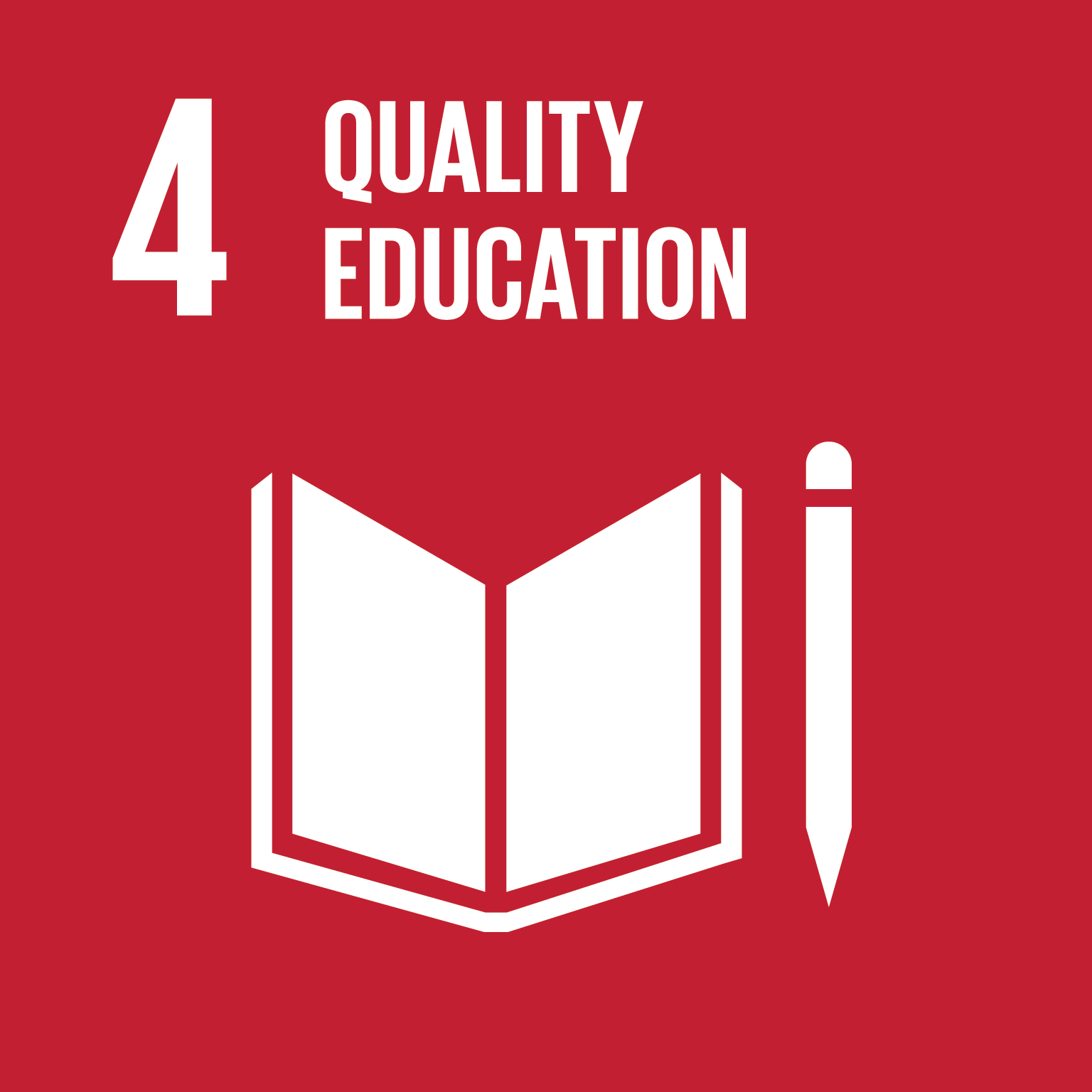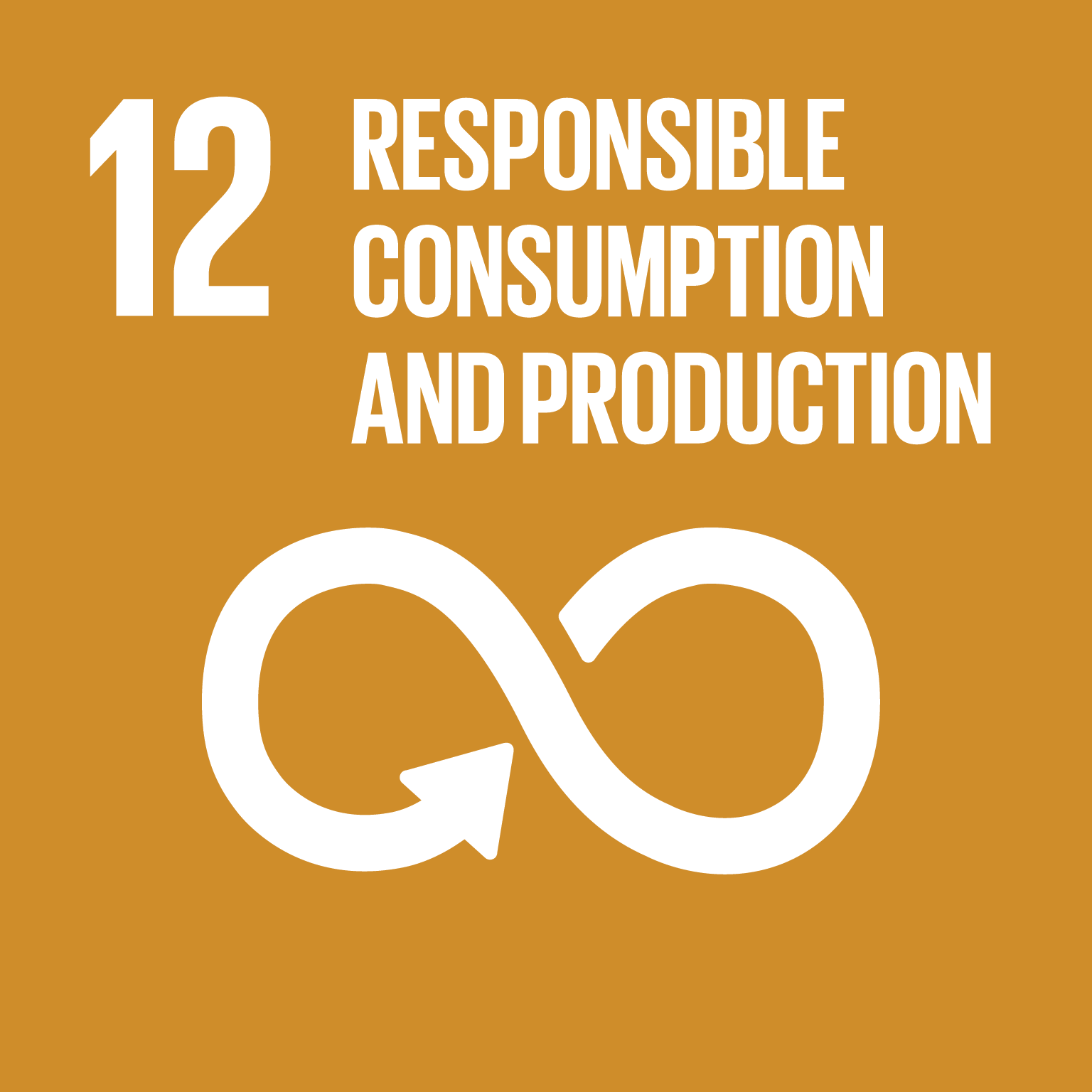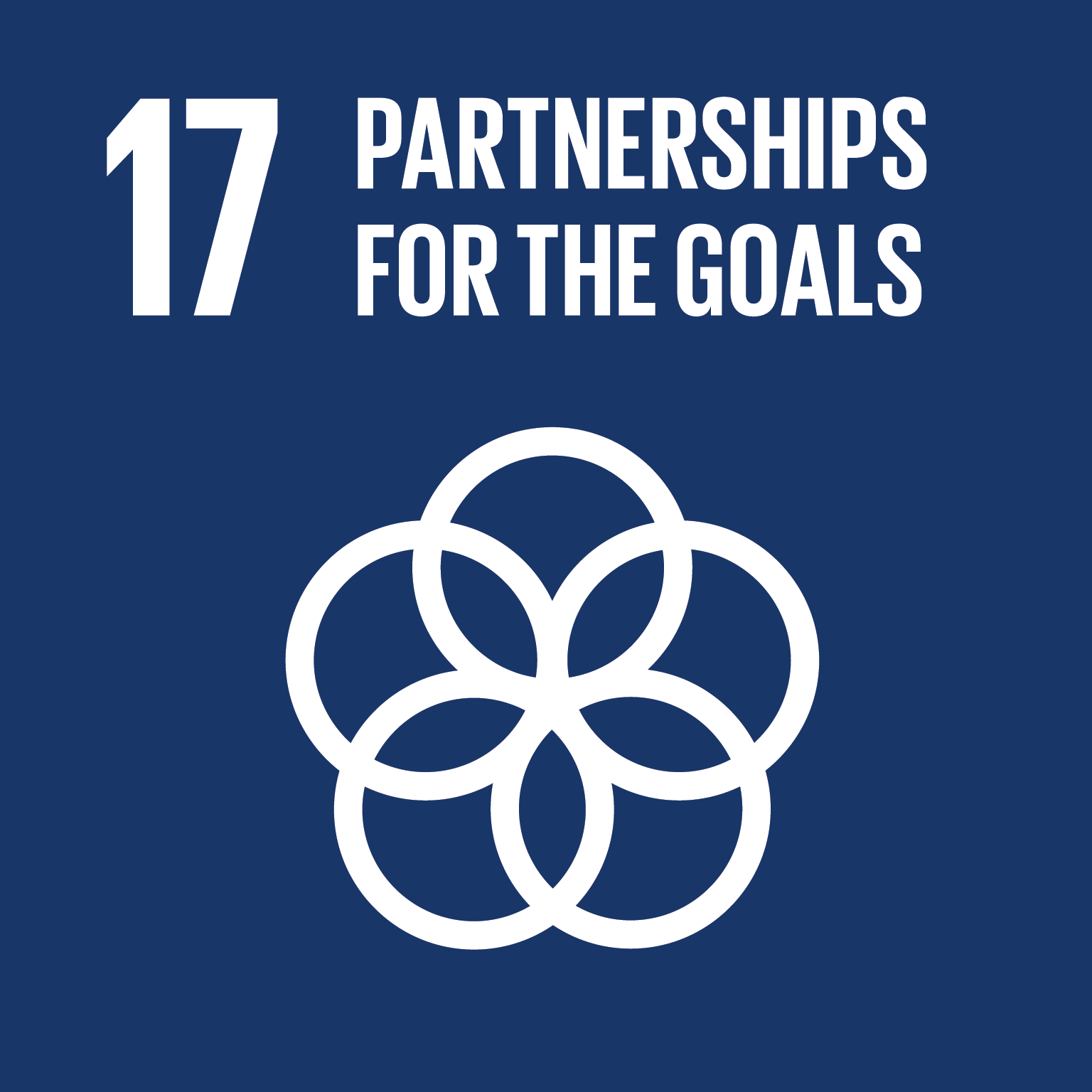The Jean Monnet Sustainable Development Goals Network, hosted at the RMIT’s EU Centre, brings together international and national researchers, policy think tanks and Non-Government Organisations who share a primary interest in enhancing the effective contribution of the EU to the implementation of the Sustainable Development Goals (SDGs) in the Asia Pacific.
The Jean Monnet Sustainable Development Goals Network, hosted at the RMIT’s EU Centre, brings together international and national researchers, policy think tanks and Non-Government Organisations who share a primary interest in enhancing the effective contribution of the EU to the implementation of the Sustainable Development Goals (SDGs) in the Asia Pacific. It is supported by the Erasmus+ Programme of the European Union.
By strengthening collaboration amongst researchers and policymakers, the Network promotes a more effective evidence base for EU institutions to engage with nations in the region to implement the SDGs. The Jean Monnet Sustainable Development Goal Network has direct involvement in National and International SDG policy development and network members developed an analytical framework for understanding the implementation of the SDGs.

Project timeline: 2018 - 2022
Project contacts: Bruce Wilson and Emma Shortis
Find out more: The EU’s Role in the Implementation of the SDGs in Asia Pacific






